Uniqueness worth paying for
You may have heard some facts about Iceland already. The long days and light nights during the summer months; the fact that the island is a stunning viewpoint for the aurora borealis, or northern lights; the renowned hospitality of the friendly locals; or the fact that the country is expensive to visit. All of these things are true (although hotel, food and fuel prices across Iceland are actually comparable to most international, big-city prices). But such uniqueness is worth paying for – where else can you experience dramatic vistas, volcanic wildernesses, geysers, hot springs and lava fields? Icelandic food is also inimitable. Hákarl, or fermented shark is certainly a different gastronomic experience; here, you can also try smoked puffin, traditional smoked sheep's head and plokkfiskur, a hearty fish stew. (At first glance, Iceland is seemingly not an easy destination for vegans and vegetarians; however the nation is reportedly one of the world’s most vegan-friendly countries, with most Icelandic restaurants offering vegan options).
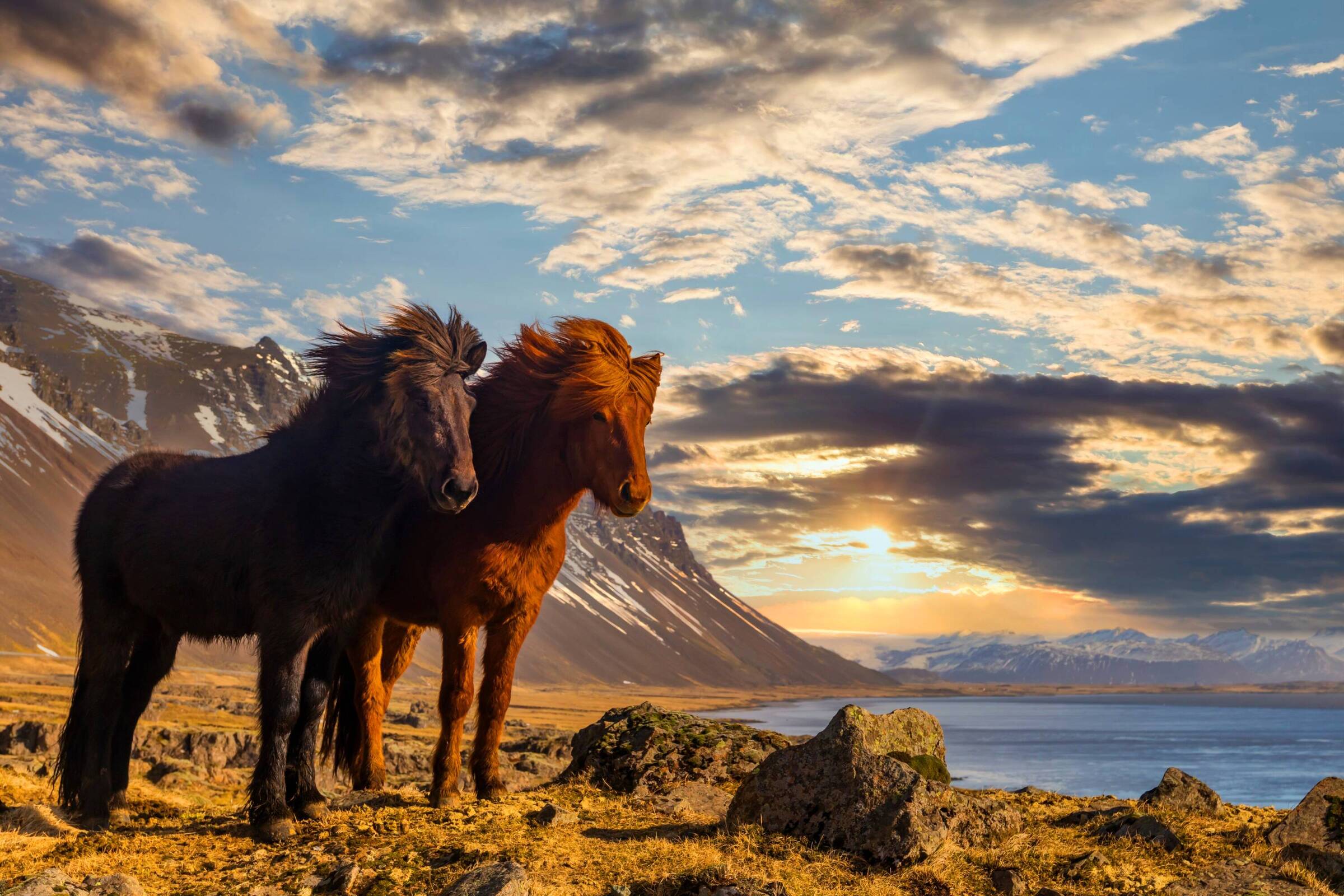
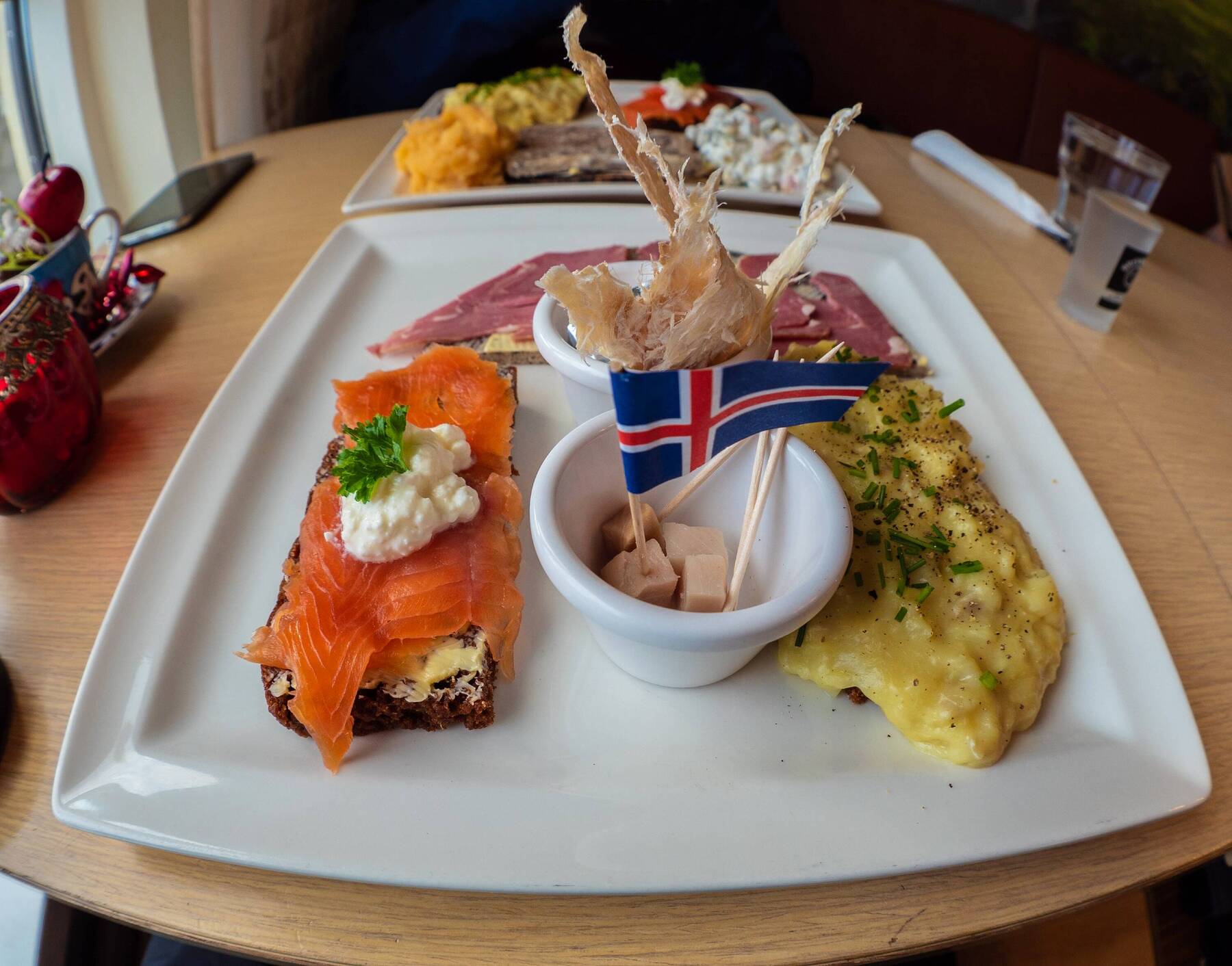
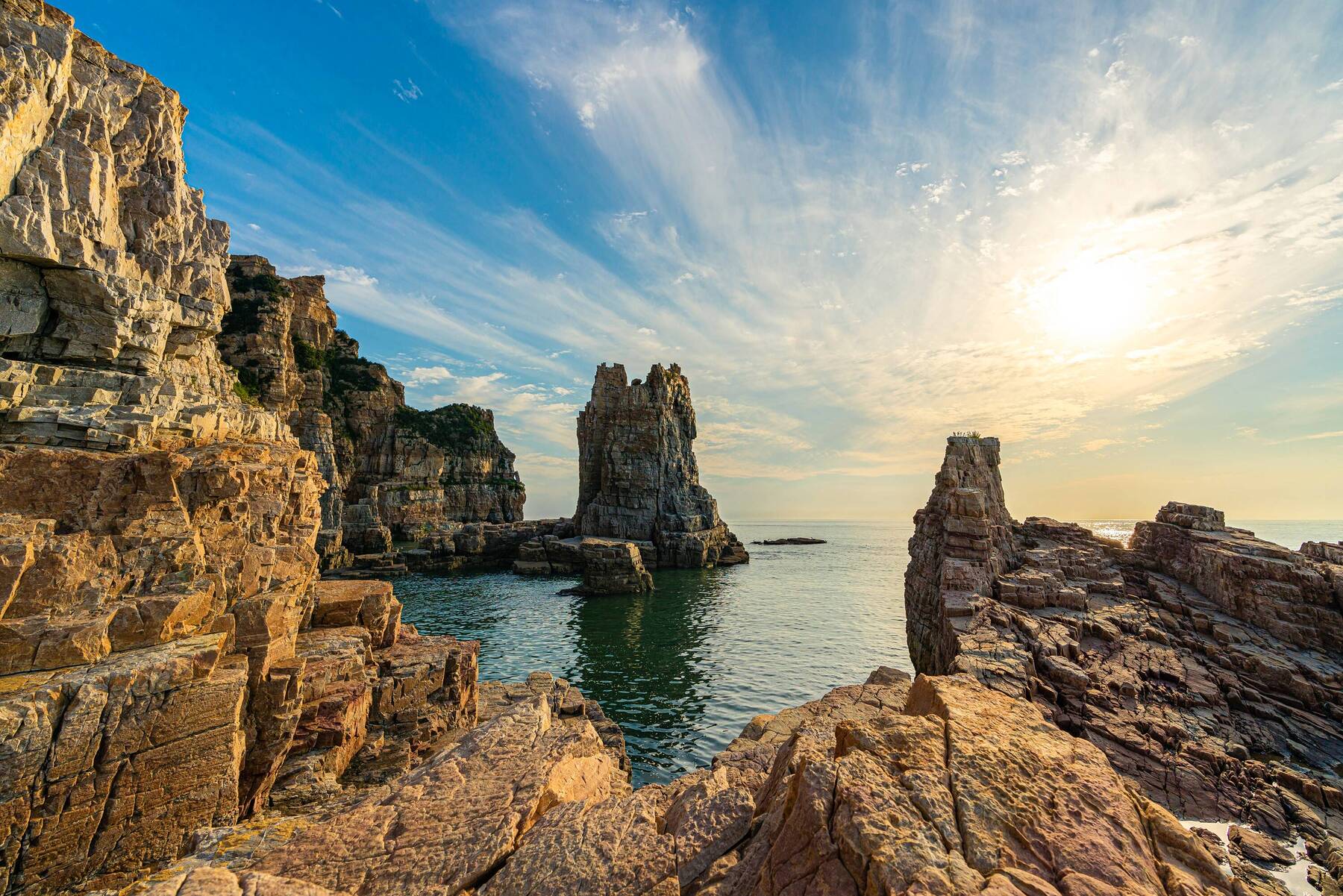
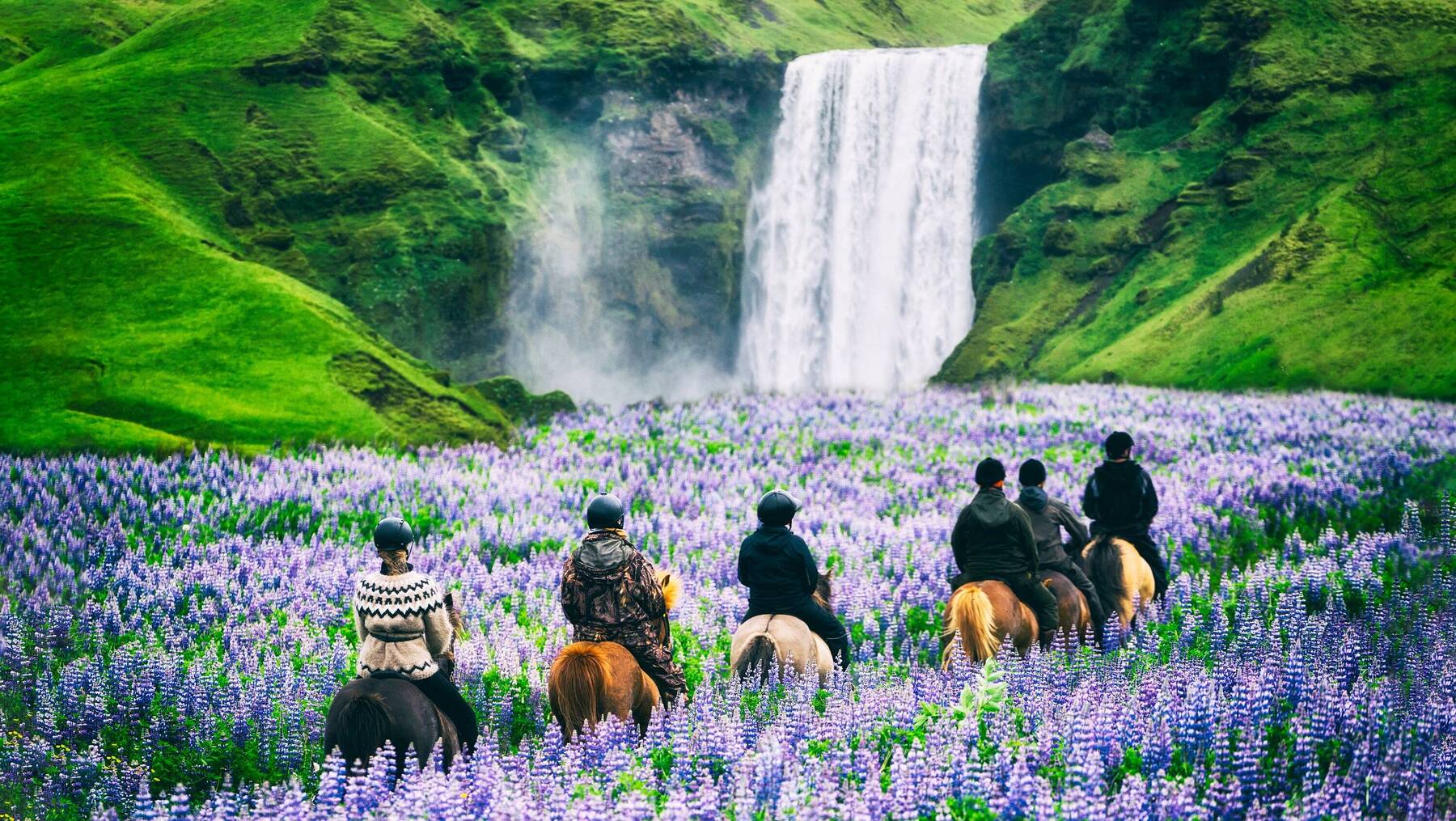
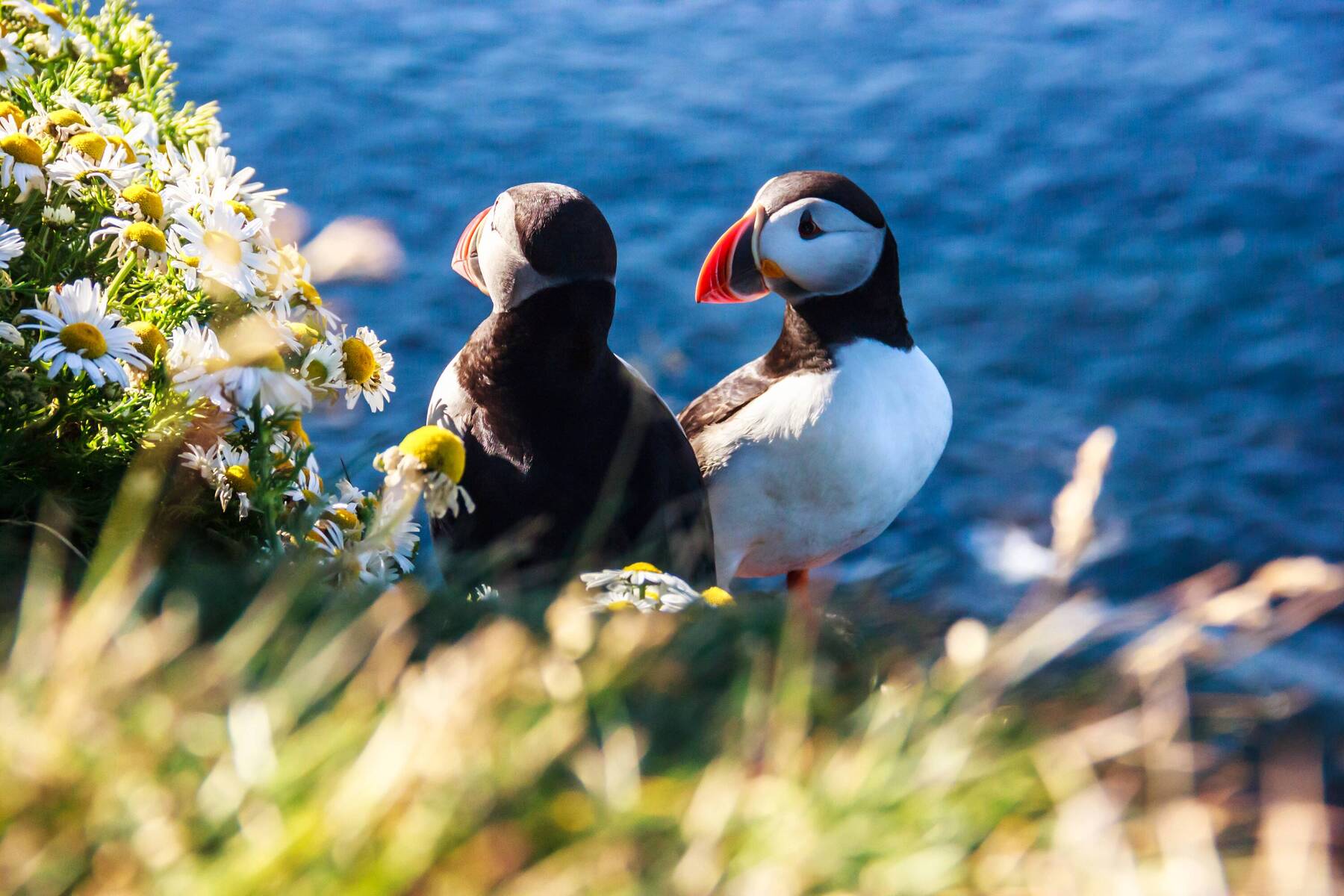
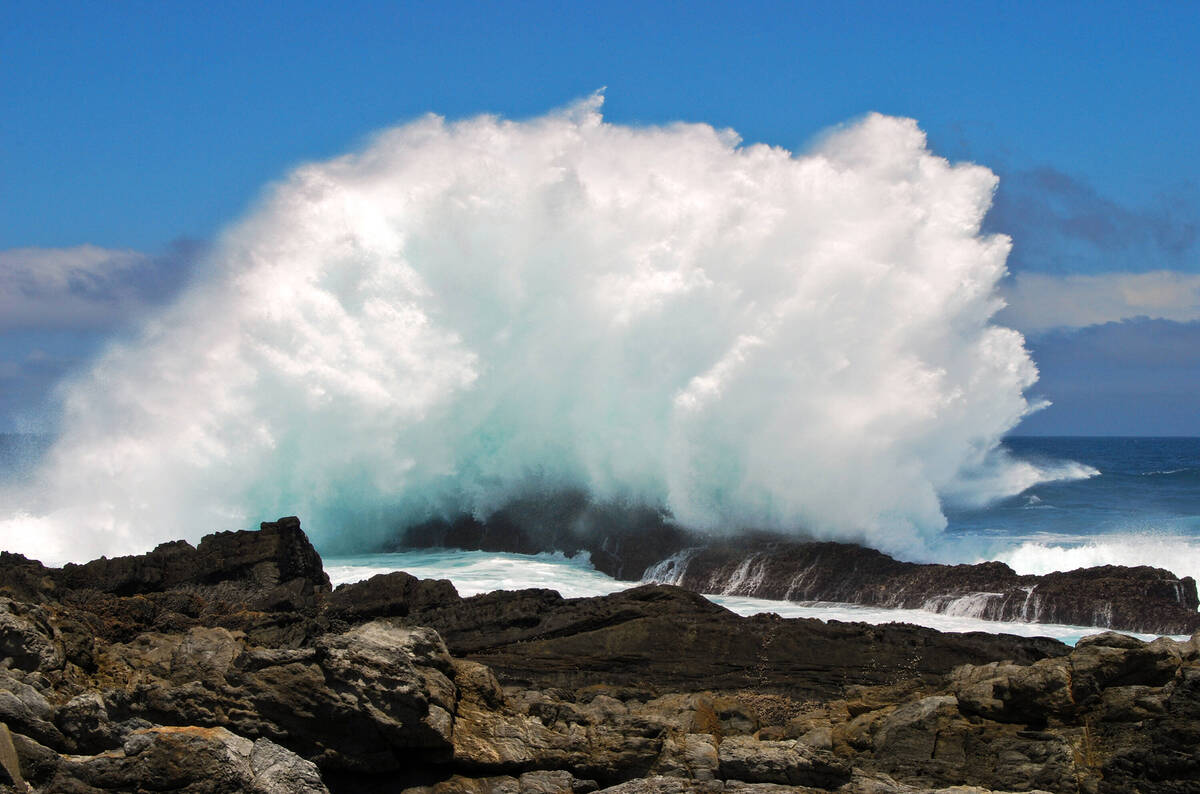
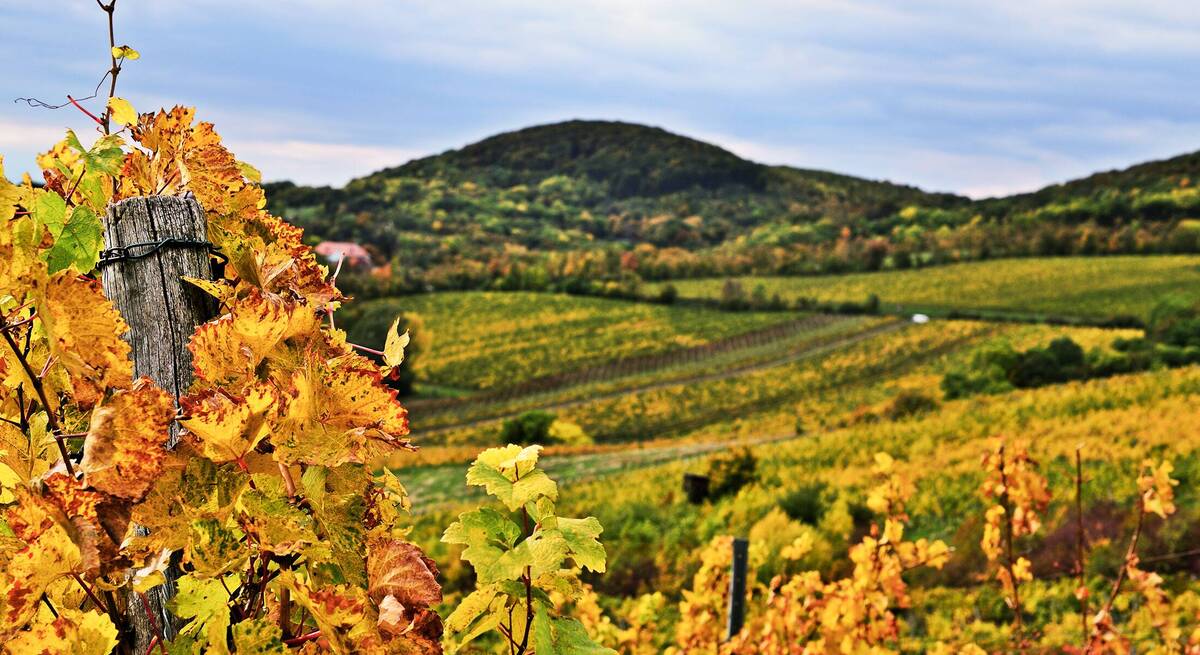
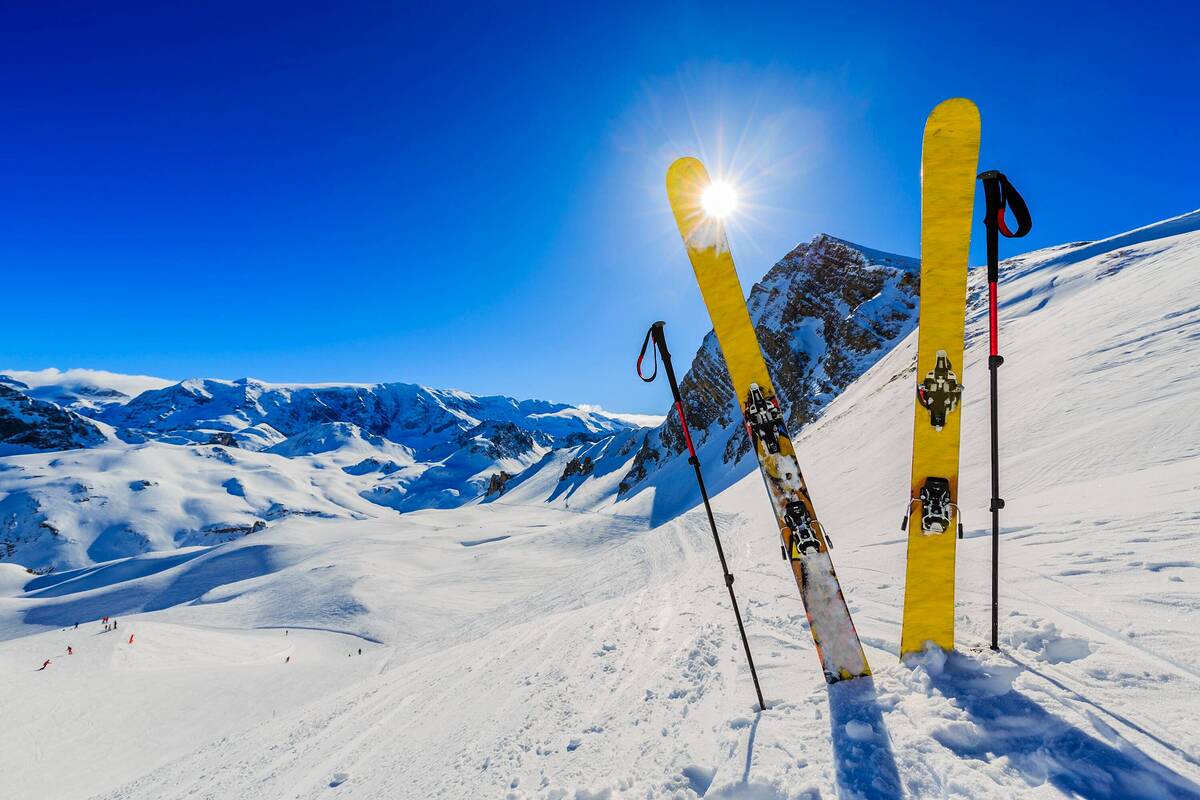













Comments